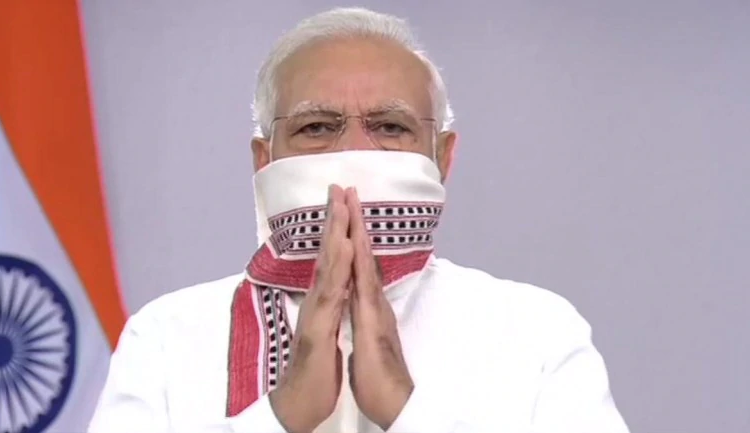Days before the beginning of world’s largest inoculation drive against the novel coronavirus, a senior official of government’s COVID-19 task force has said that “local clinical trials are must” for Pfizer and other vaccine candidates for emergency use approval in India.
Pfizer, which has been approved in the United States (US) and the United Kingdom (UK), was the first COVID-19 vaccine candidate that had applied for emergency use authorization in India.
The company, however, was not granted authorization by the Drugs Controller General of India (DCGI). Later, Pfizer said that it had sought for more time from the central government to present its data.
According to Health Ministry officials, the government asks for “bridging trials to determine if a vaccine is safe and generates an immune response in its citizens” whose genetic makeup can be different from people in western nations. However, there are provisions under the New Drugs and Clinical Trial Rules, 2019, to waive such trials in certain conditions.
While speaking to Reuters, Dr Paul said that Sputnik V, which is undergoing last-stage trials in India after completing a Phase 2 study, will apply for emergency use authorization soon.
He, however, told Reuters that “no vaccine maker will be given indemnity by the government should something go wrong”.
Meanwhile, the world’s largest vaccination drive against COVID-19 will begin from January 16 and around 3 lakh healthcare workers will get a vaccine jab against the novel infection on the day 1 of the inoculation drive. The vaccines will be provided for free to healthcare staff and frontline workers during the first phase of vaccination.
The DCGI had approved AstraZeneca Plc and Oxford’s Covishield, which is locally being manufactured by Serum Institute of India and Bharat Biotech’s Covaxin for emergency use approval in the country earlier this month.
The government has also distributed 16.5 million doses of the two approved vaccines to states, with a plan to deliver 600 million jabs to the most vulnerable people in the next six to eight months. Serum Institute has stockpiled 50 million doses of the AstraZeneca vaccine and says it will raise its monthly output to much more than that now the approval has come.





